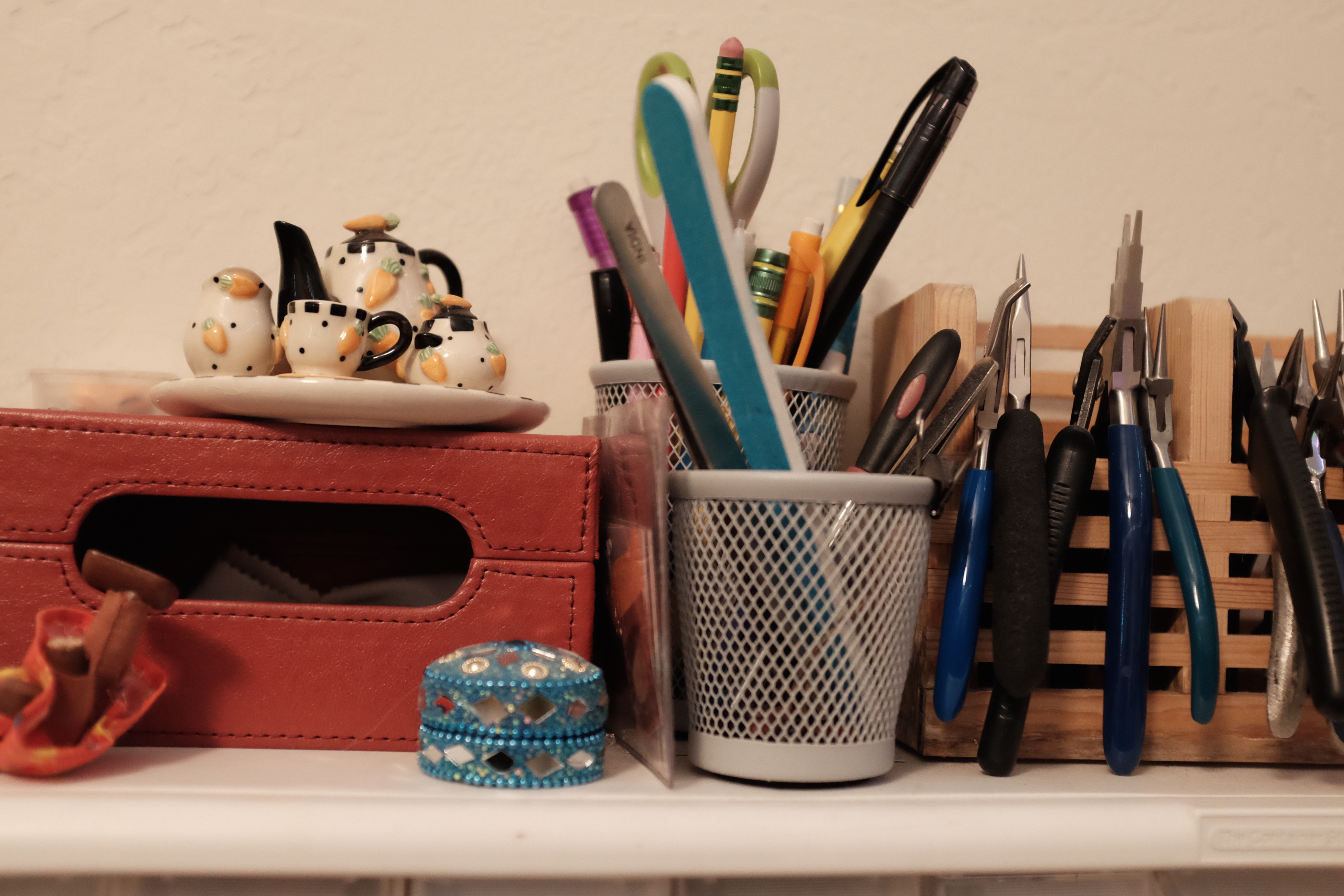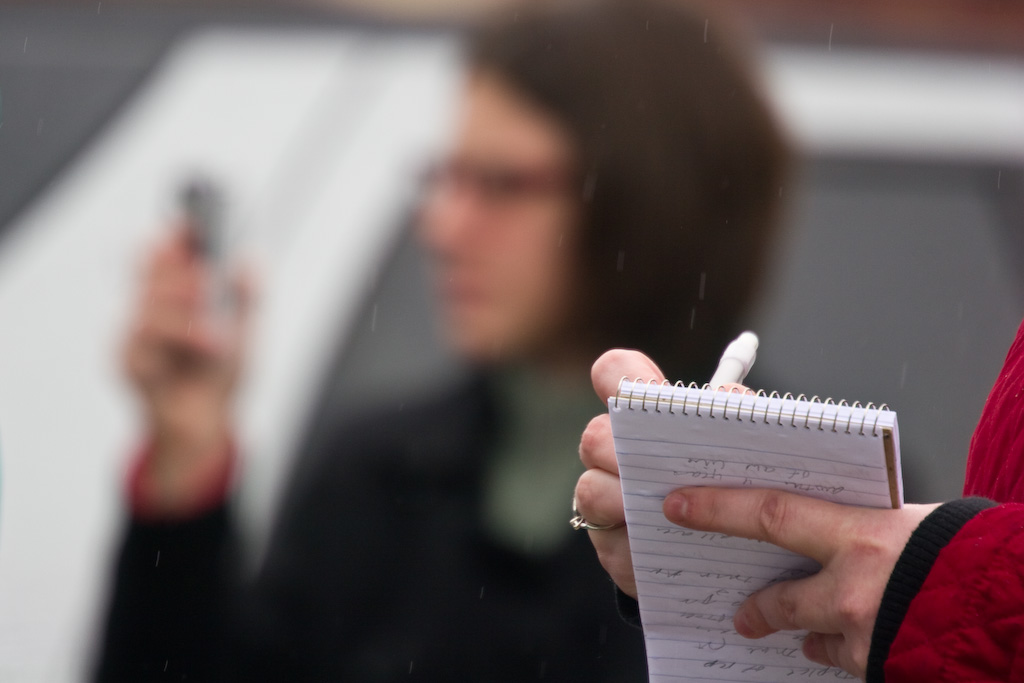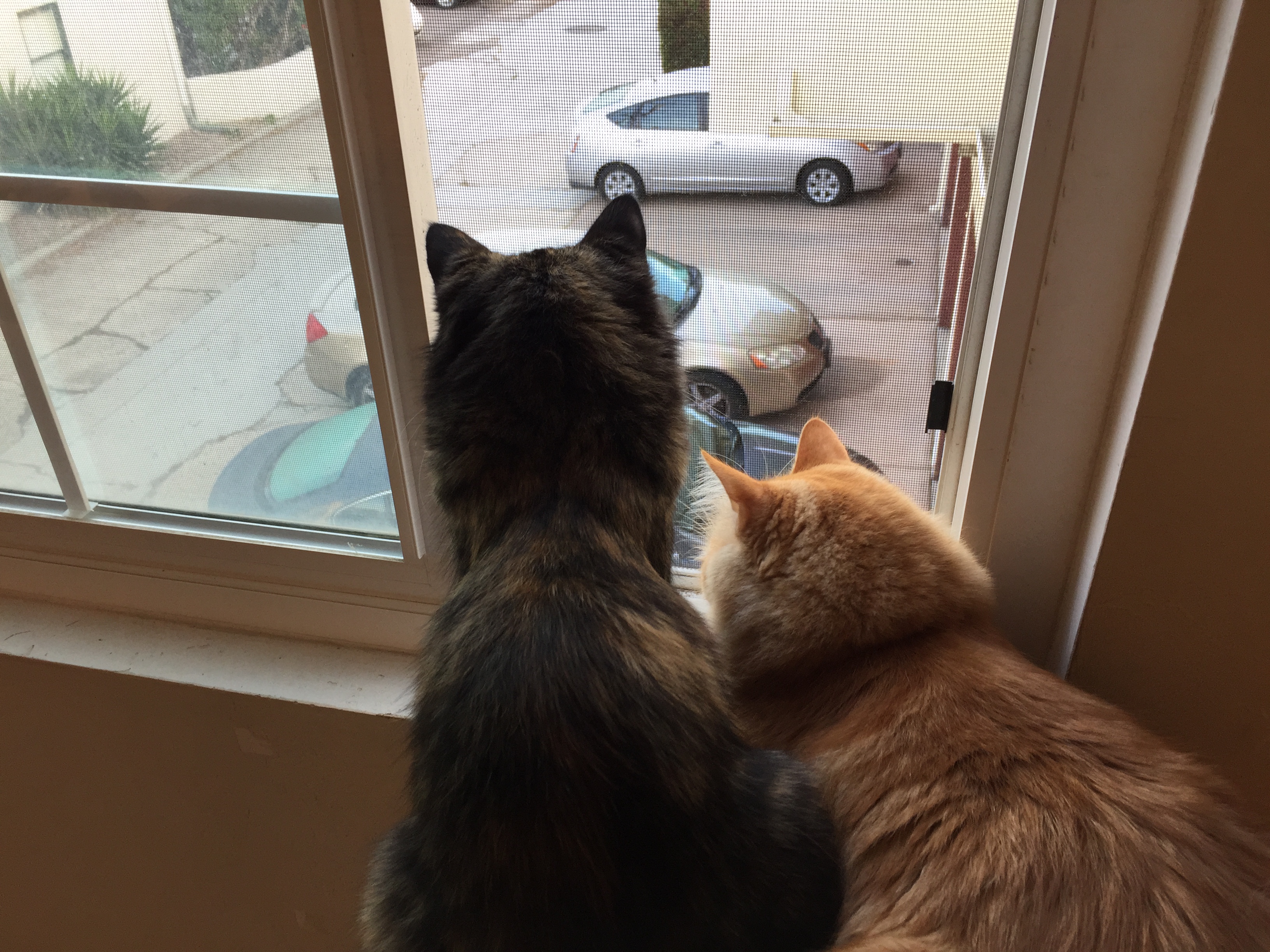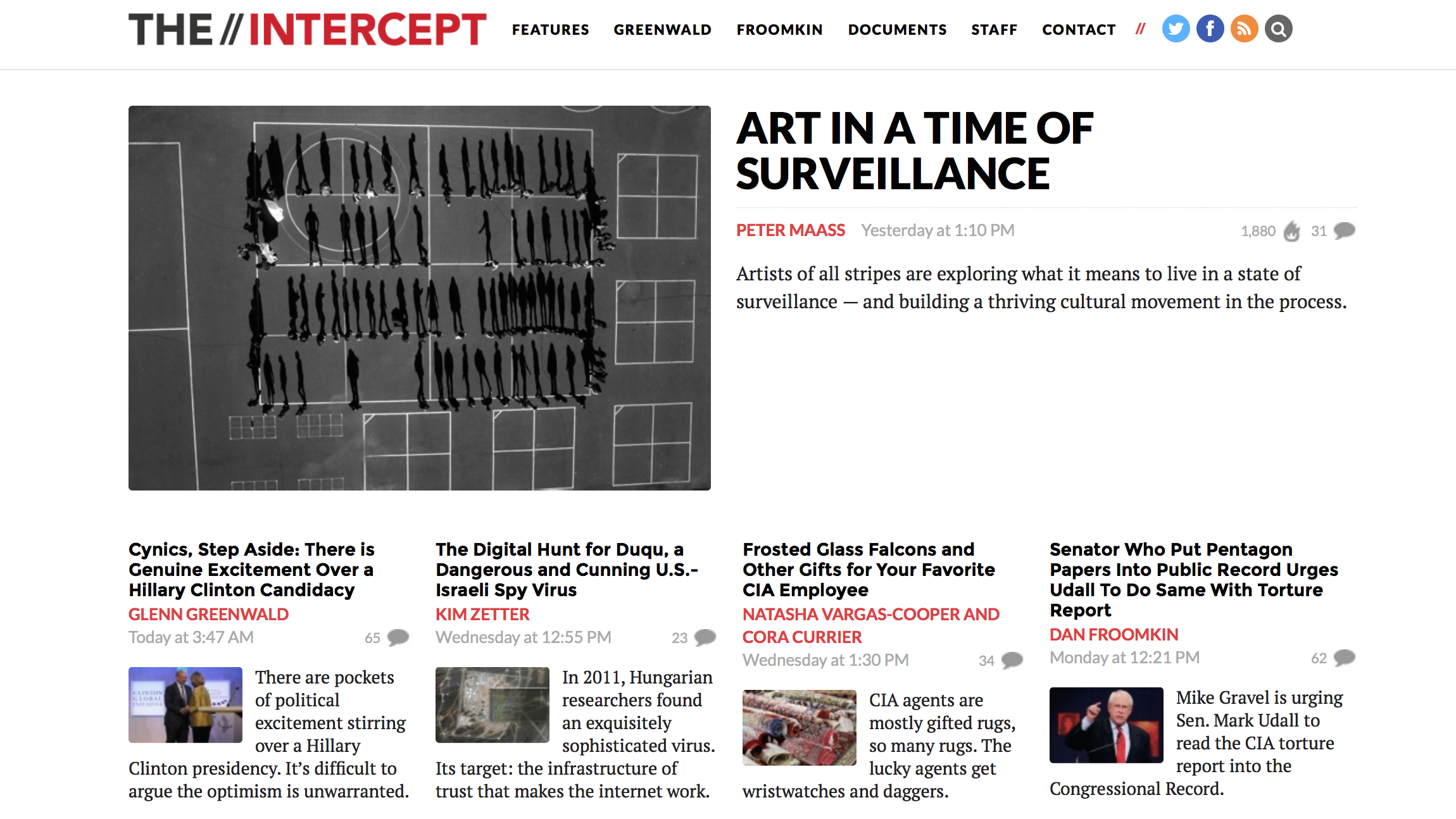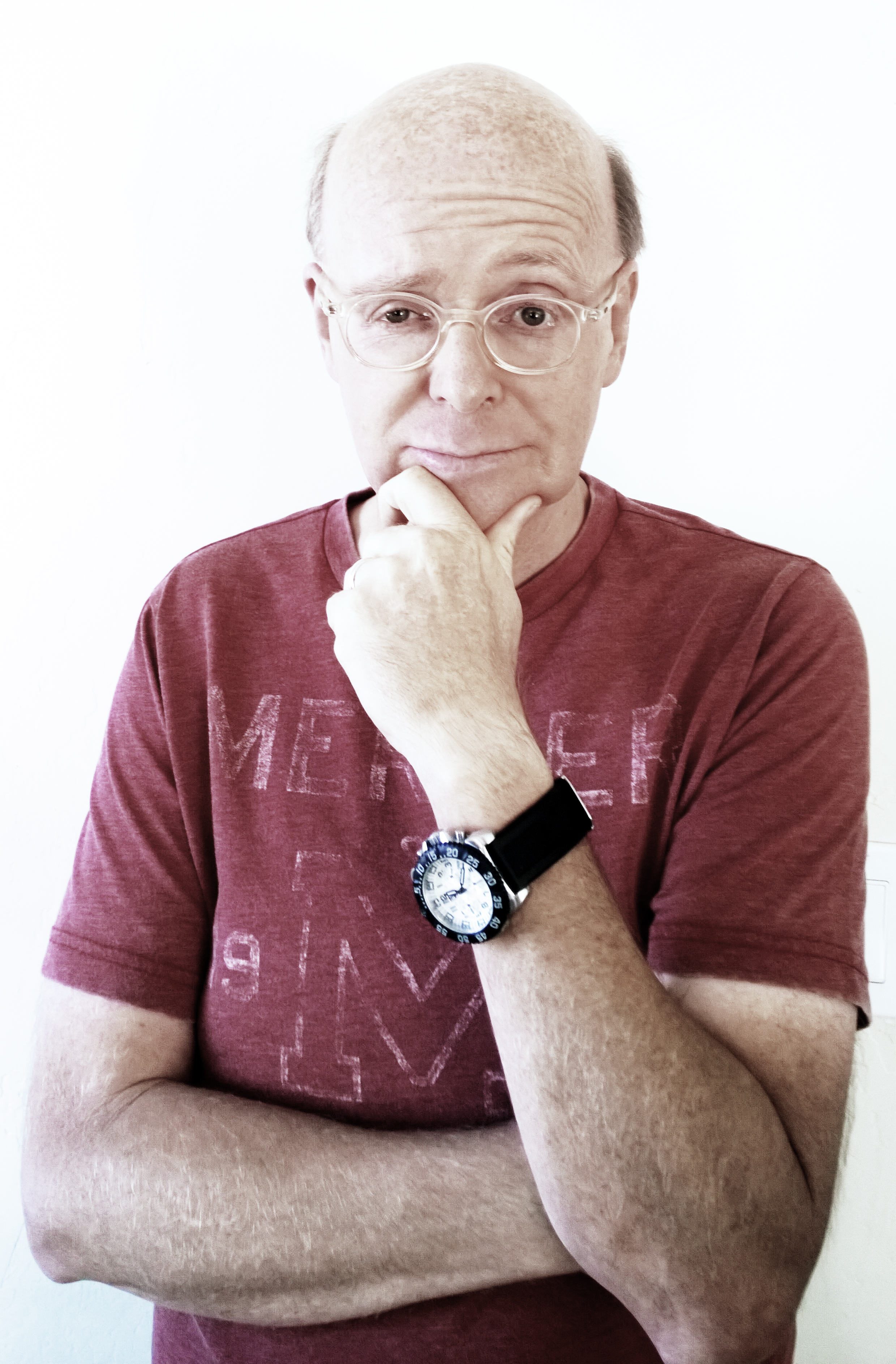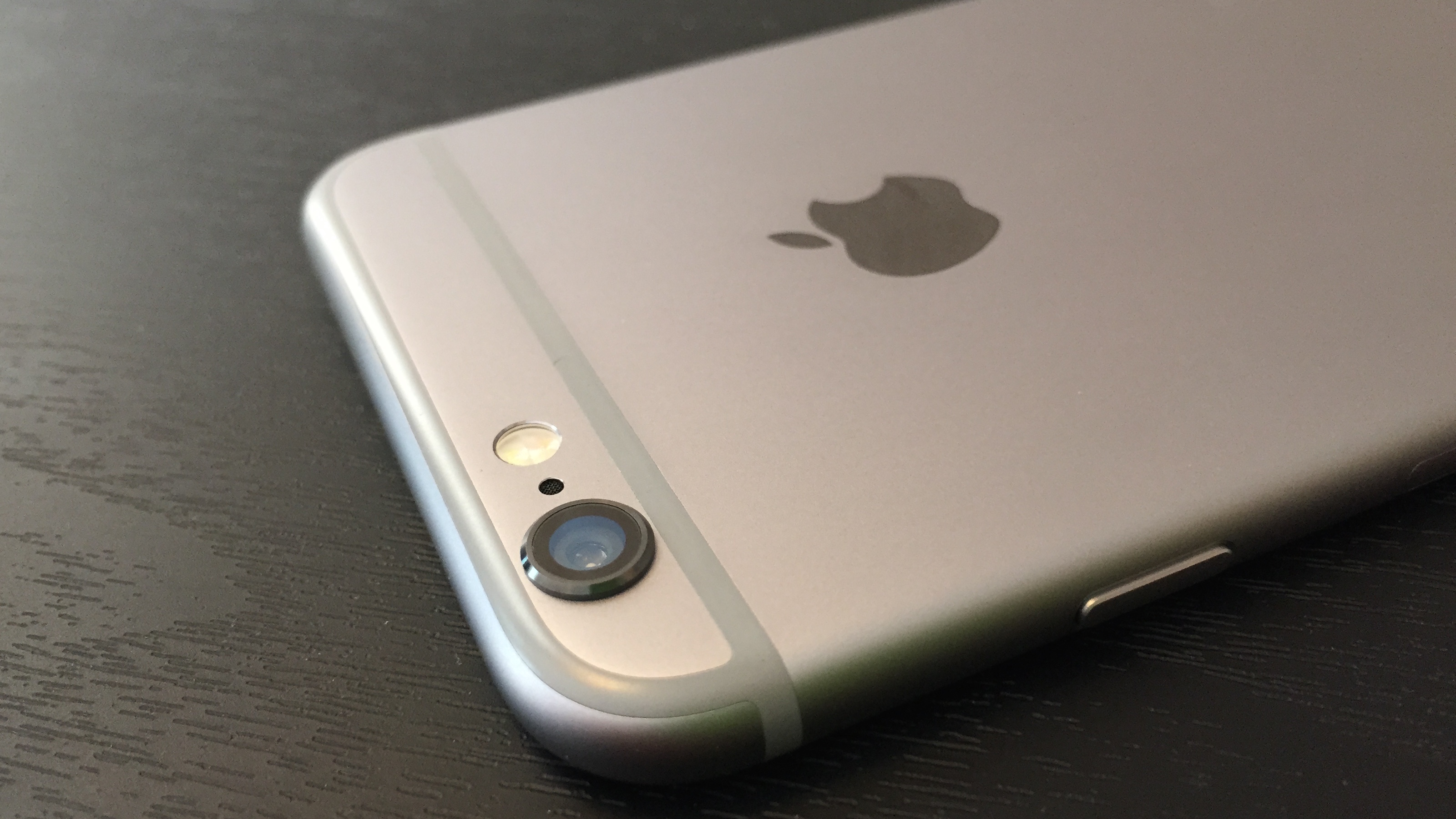In the daylight, I got a couple good snaps of Cali, in another off-the-cuff X100T test. One shot is from the perch and the other from the fridge. The first is Macro, by accident, f/2.8, 1/60 sec, ISO 2500. The other (right) is f/2.8, 1/60 sec, ISO 1250. Full-size shots are available from my X100T Flickr set, or, separately, here and here.
I am a bit grumbly about choosing the X100T over the X-T1 this morning. Fuji will release on December 18 a firmware update that adds most of the features that swayed me to choose the X100T, which arrived about 21 hours ago. This is good customer service, though, for existing owners, and I won’t forget the benefit. I complain today, but long term it’s way to go, Fuji.


